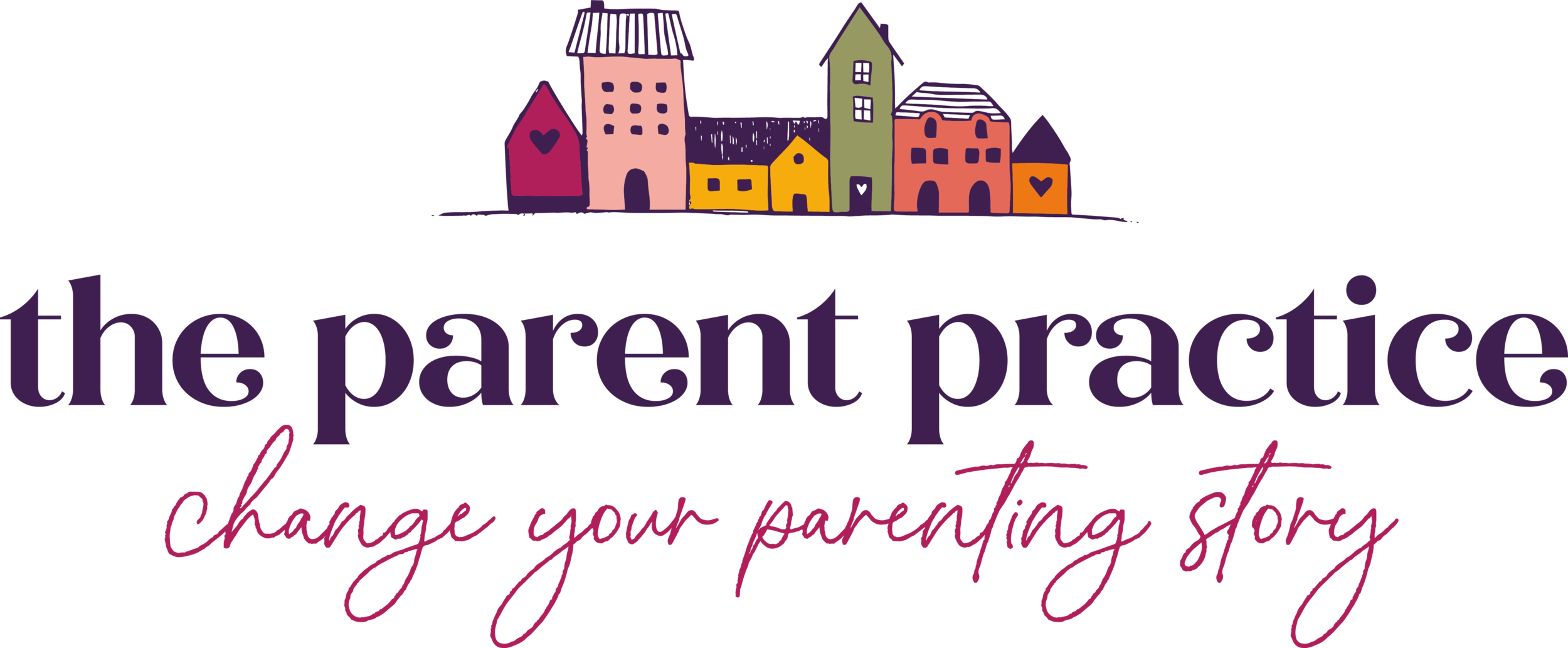7 Skills for Raising a Good friend
Girls and Friendships
“I have NO friends” are words that no parent ever wants to hear from their child. A few years ago I remember having to pop into my child’s school during playtime. I saw my daughter out in the playground, alone, while the other girls were all running around after one another. I jumped to the most dire conclusion … that she really didn’t have anyone to play with. I felt a combination of fear and sadness along with my own memories of being a young child, not being quite sure where I fit in. Friendships are so important - to girls and boys - and as parents, we have a tremendous influence on the kind of friend our child is, as well as the kind of friends our children choose. How can we raise children who are kind, considerate friends? Here are 7 key skills with which parents can help their children to be a good friend, and deal positively with friendship issues that might arise.
7 skills needed for friendships:
1. Enjoy the company of others and know how to connect and communicate with others.
Spending positive time with our own friends, without malicious gossiping or complaining about others, is wonderful modelling.
It’s also important to be considerate of your child’s temperament so they can connect and communicate positively. My daughter is a bit of an introvert and while she can spend hours playing outside with the neighbours, she eventually needs to come inside and go up to her room for ten minutes of quiet time. She loves to be with her friends but needs to re-energise by being alone.
2. Learn to take turns and share
We start to teach our children to take turns and share from toddlerhood. Knowing a playdate for her three boys (each bringing a friend over) could have potential blowups and meltdowns, one mum sat down with her sons and together they decided on a rota for sharing the Wii and for making sure that the plans for football were equitable. They set up teams ahead of time, and made sure to have a blend of strong and weaker players on each team.
3. Be able to read emotions
Children today are busy and often focused on their own needs. Sometimes, though, their friends will be having a rough day. We want to be raising children who can check in with their friends and lend a kind ear and help out if necessary. When you’re out and about, pay attention to other people. Say things like, ‘That lady looks so happy’ or ‘He looks like he’s having a rough day’. … which segues perfectly into …
4. Be able to empathise
When our children can take the time to imagine how they would feel in their friend’s shoes, they are empathising. They are not trying to fix their friend’s problems, or feel sorry for them. They are simply providing a safe ear that doesn’t invalidate what their friend has to say. “I can’t believe she said that to you. That must have really hurt your feelings.”
5. Regulate aggression
With girls, aggression tends to be in the form of words and exclusion; with boys, it can be more physical. We can teach our children that it is perfectly acceptable to have big feelings like anger, hurt or jealousy, but that they need to have safe and acceptable outlets for dealing with these feelings. By empathising with them and teaching them feeling-releasing strategies, they learn to use words or acceptable outlets for aggression. Another useful strategy is teach our children to withdraw from potentially fractious situations.
6. Apologise when you are wrong and have hurt a friend’s feelings
We have all done or said something that has not landed well with another person and has caused a rift in a friendship. Making mistakes is a big part of life and learning and parents can teach children so much by the way we handle our own mistakes. Do we complain and blame, or do we get on the phone, take responsibility for what we did, and apologise? And when our kids make mistakes do we get angry and punish them, or do we support them in fixing their mistakes and making amends?
7. Learn when to trust!
As adults, we know that most people are genuine and can be trusted. We also know that there are some people who can be deceptive for different reasons. We need to be honest with our children, and teach them that they can walk away when they feel that the trust is no longer there, or the friendship is no longer contributing to their wellbeing.
By instilling these seven skills in our children, we will support them in being confident, kind, respectful friends who will be able to stand up for, and be a strong voice, when their own friendships call for it.
If you feel you would like to learning about the power of descriptive praise, emotion coaching, rules and rewards and positive discipline and help you to emerge as a more empowered parent with positive parenting strategies under your belt to impact behaviour and make for a happy harmonious home. join my Harmony at Home Course.

